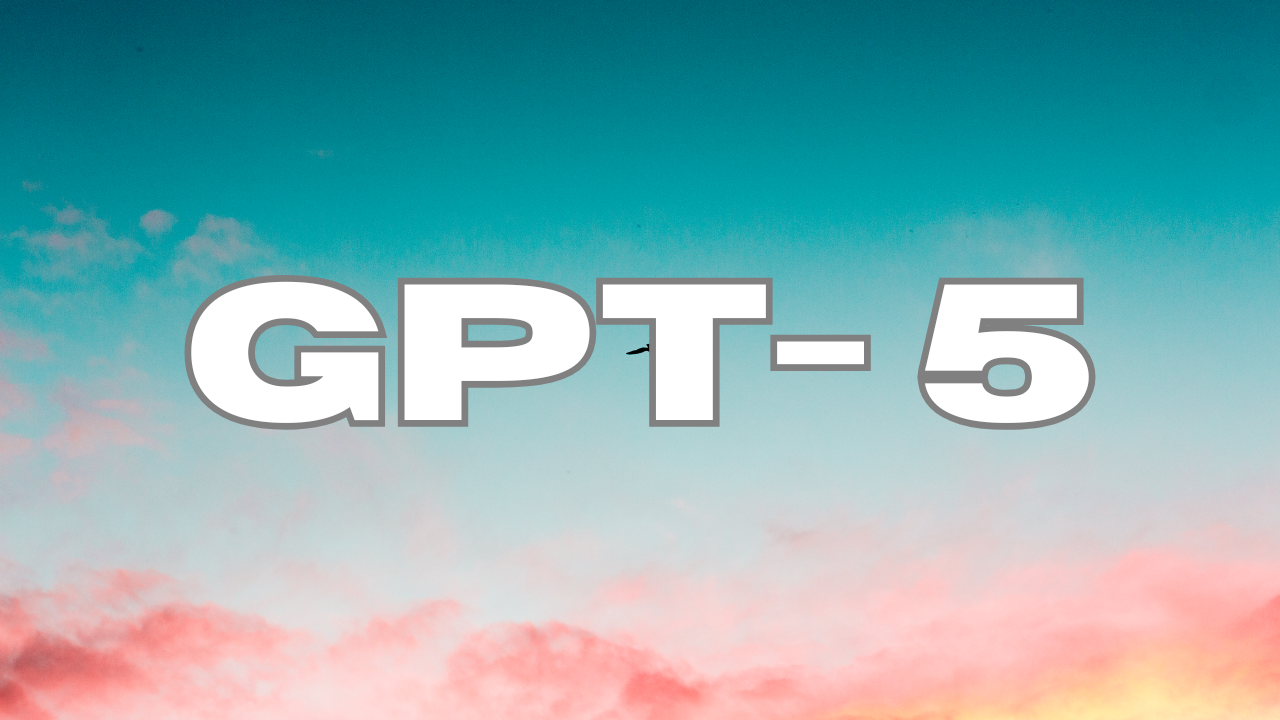Why Choose Solo Mountain Climbing?
Solo mountain climbing gives you freedom, control, and deep satisfaction. You push your limits alone. Every step tests your strength and spirit. On peaks like Mount Kilimanjaro, solo climbers experience silence, focus, and raw beauty. If you are serious about preparing for solo mountain climbs, this guide helps you do it safely and with purpose.
Climbing alone is not for everyone. It needs discipline, training, and courage. It’s one of the boldest adventure sports on Earth. With proper knowledge, gear, and support, you can turn it into a life-changing experience.
Understanding the Commitment
Climbing solo is both a mental and physical test. Unlike group climbs, you rely mostly on yourself. Planning must be detailed. Your body and mind must be in sync. From route study to gear prep, each step matters.
If you dream of personal success, solo climbs reward you with unmatched personal achievements. But it’s not about speed. It’s about focus, strength, and wise decisions.
Preparing for Solo Mountain Climbs
Solid solo climbing preparation can’t be skipped. You must prepare for weather, altitude, and isolation. Focus on endurance and mental toughness. Hydration, sleep, and nutrition matter during training and on the climb.
Preparing for solo mountain climbs includes:
- Building stamina through hiking, running, and weight training
- Practicing breathing control at high altitudes
- Learning survival basics and map reading
- Packing only what you truly need
Stay consistent in your workouts and reviews. Over-preparation is better than rushing into danger.
Choosing Mount Kilimanjaro for Solo Climbs
Mount Kilimanjaro is a popular destination for solo mountaineers. Located in Tanzania, it offers several climbing routes. Each route has its own challenge. Most routes are non-technical, but you still need preparation. The terrain and altitude require mental focus and clear plans.
REI includes Kilimanjaro in their guided solo-friendly trips. This helps solo climbers get professional backup while climbing independently. You’ll still be solo, but never unsupported.
Physical Challenges You Will Face
Physical challenges include long hiking days, harsh weather, and extreme fatigue. The higher you climb, the less oxygen you get. Muscles tire faster, and your thinking slows. That’s why training must be real, not just theoretical.
Train on real slopes. Add a backpack to your hikes. Mimic summit conditions if you can. Always listen to your body.
Picking the Right Climbing Routes
Not all climbing routes are solo-friendly. Choose routes with clear markings and emergency access. On Kilimanjaro, the Marangu and Machame routes are often chosen by solo climbers.
REI offers route advice and planning tools for each Kilimanjaro option. They also recommend hiring a porter or guide, even if you're solo. This improves your safety without spoiling your solitude.
When to Go: Summer Climbing Expeditions
Summer climbing expeditions bring better weather and more daylight. For Mount Kilimanjaro, June to September is the best time. Trails are drier, skies clearer, and risks of storms lower. Crowds are also fewer early in summer.
Solo mountain Climbs benefit most in summer. You’ll worry less about snow or rain, giving you time to focus on the climb and your body’s response.
Gear Tips and Safety Advice
Being solo means no one else carries your extra boots or spare water. You must be organized. REI provides excellent gear checklists tailored for Solo mountain Climbs . Their guides help you choose what’s essential and what’s extra weight.
Hire mountain guides if it’s your first high-altitude solo. They give route help, altitude advice, and gear checks. Some will carry shared items so you can stay lighter.
Pack these essentials:
- Layered clothes for cold, heat, and wind
- Sleeping gear rated for freezing nights
- Energy snacks and water filters
- Headlamp, map, compass
- First aid kit with altitude meds
Keep your load manageable. What you pack, you carry.
The Mental Game of Climbing Alone
Mental strength is vital. Solitude is peaceful, but it can also feel heavy. You may face doubt, fear, or fatigue. Learn how to stay focused. Break your day into small parts. Take breaks without guilt.
Write a daily note to yourself. Track progress and reflect. These steps build inner support. This journey is just as much about mindset as muscles.
Adventure Sports Meet Self-Discovery
Solo climbing is more than a sport. It’s deep nature connection. You learn your limits and expand them. Every obstacle teaches something new. It’s why people return for more.
Many describe it as spiritual. Mountains show you who you are. You’ll discover what matters most when it’s just you, the trail, and the sky.
REI: Trusted Brand for Solo mountain Climbs
REI offers trusted support for solo mountaineers. They help climbers prepare, pack, and plan. Their equipment is tested and reliable. They also offer guided climbs if you want solo space with backup.
When you book with REI, you get more than gear. You get expert help and smart advice. Their staff knows the real challenges. They climb too.
Hire Mountain Guides When Needed
Even solo adventurers need help sometimes. Hire mountain guides to keep you on track. It’s not a weakness. It's a smart strategy. A guide helps during hard sections, handles logistics, and offers local insight.
Many solo climbers hire help only for part of the trip. You keep your independence, but reduce risk. REI can connect you with trusted guides for Kilimanjaro or other peaks.
Real Story: A Solo Climber's Testimonial
“I climbed Kilimanjaro alone last summer. I trained for 6 months and packed smart with help from REI. I did hire a local guide just for the final stretch. That decision helped me reach the top. I’ve never felt more alive. The silence, the sunrise, the view — unforgettable. It was my most proud moment.”
Avoiding Common Mistakes
Solo climbers make mistakes like overpacking or underestimating altitude. Don’t rush your summit. Don’t ignore headaches or signs of altitude sickness. Be flexible. Rest if you must.
Remember: reaching the summit is optional. Coming back alive is not.
Your Journey, Your Reward
There’s no crowd. No applause. But there is pride. You did it your way. You faced the climb, felt the fear, and moved anyway. You will never see the world the same after this.
Every small step leads to something bigger. Every breath reminds you of life’s beauty. Solo climbing is for those who seek deep self-growth.
Conclusion
Solo mountain climbing is more than a sport. It is a journey into the wild and into yourself. With smart solo climbing preparation, proper training, and support from brands like REI, you can safely reach your dream. Choose the best climbing routes on Mount Kilimanjaro, plan your summer climbing expedition, and get ready for one of the hardest, most rewarding personal achievements of your life.
Hire mountain guides if needed. Pack smart. Climb safely. Trust your body and heart. Climb solo — but never unprepared.







